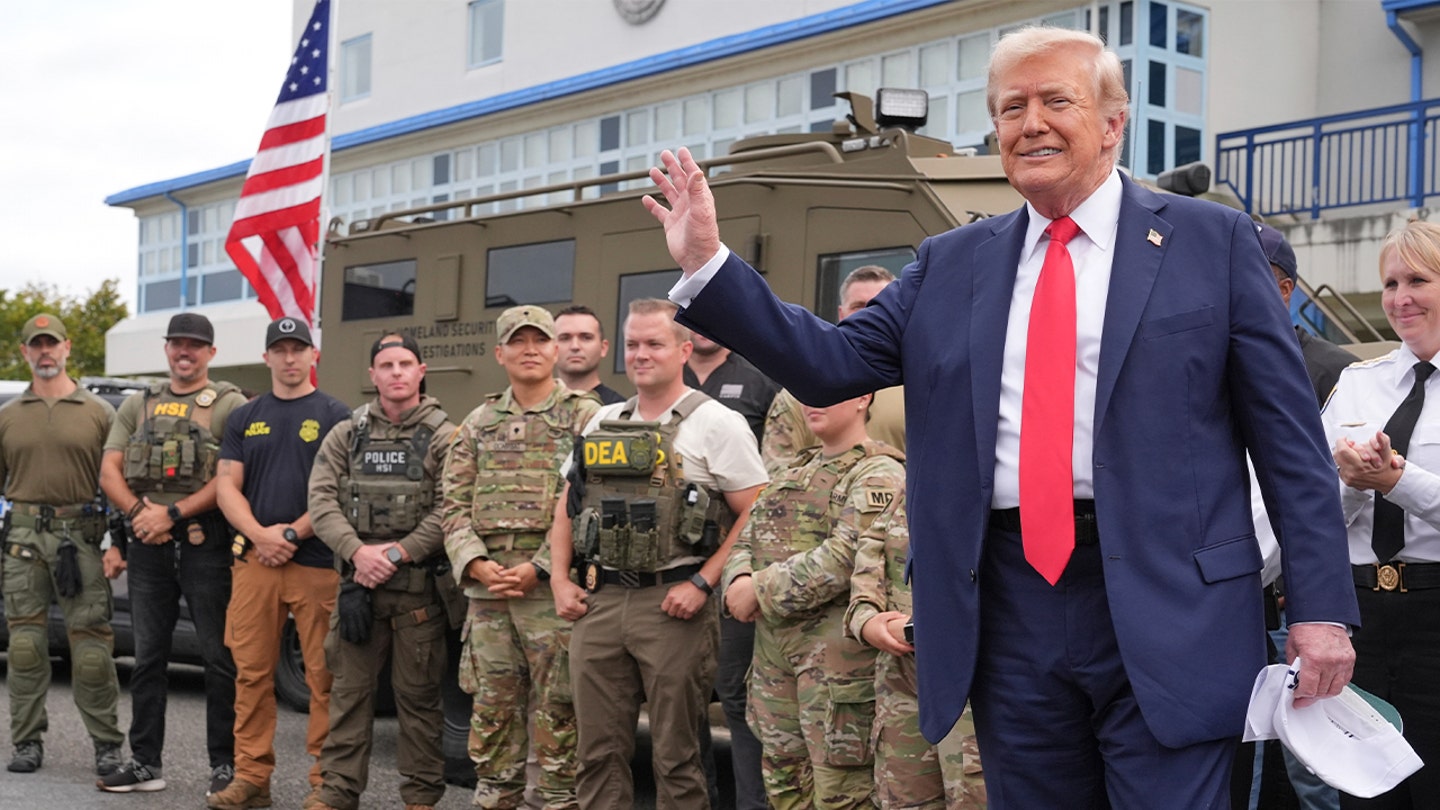
Trump's week shaped by crime agenda, potential guard deployment to Chicago
Entities mentioned:
- Donald Trump: Power, Control, Influence
- Pam Bondi: Duty, Justice, Professional pride
- Brandon Johnson: Self-preservation, Righteousness, Indignation
- J.B. Pritzker: Duty, Self-preservation, Wariness
- Wes Moore: Duty, Security, Cooperation
- Muriel Bowser: Duty, Security, Self-preservation
Article Assessment:
Credibility Score: 70/100
Bias Rating: 55/100 (Center)
Sentiment Score: 35/100
Authoritarianism Risk: 65/100 (Authoritarian Tendencies)
Bias Analysis:
The article presents multiple viewpoints, including Trump's statements and responses from Democratic leaders. While it leans slightly towards critiquing Trump's approach, it maintains a relatively balanced presentation of facts and perspectives.
Key metric: Crime Rate in Major Cities
As a social scientist, I analyze that this article highlights President Trump's focus on crime reduction in major U.S. cities, particularly Chicago and Washington D.C., through the potential deployment of National Guard troops and increased federal law enforcement presence. This approach reflects a centralized, federal-level intervention in local matters, which could impact crime rates but also raises concerns about federal overreach and political motivations. The President's rhetoric and actions suggest a belief that forceful intervention can quickly reduce crime, but this approach may overlook complex socio-economic factors contributing to urban crime. The resistance from local Democratic leaders indicates a political divide in approaches to public safety and federalism. This conflict could affect the implementation and effectiveness of crime reduction strategies, potentially impacting the key metric of crime rates in major cities.

Benny Johnson scolds White House reporters who 'lie' about D.C. being safe during press briefing
Entities mentioned:
- Benny Johnson: Righteousness, Moral outrage, Influence
- Karoline Leavitt: Loyalty, Duty, Professional pride
- Donald Trump: Power, Control, Legacy
- Nancy Pelosi: Opposition, Power, Influence
- Hillary Clinton: Opposition, Influence, Legacy
- Democratic Party: Opposition, Power, Control
Article Assessment:
Credibility Score: 55/100
Bias Rating: 75/100 (Lean Right)
Sentiment Score: 30/100
Authoritarianism Risk: 65/100 (Authoritarian Tendencies)
Bias Analysis:
The article leans right, evidenced by its favorable portrayal of Trump administration actions and critical stance towards Democrats. It primarily presents conservative viewpoints and anecdotes, with limited counterbalancing perspectives.
Key metric: Crime Rate in Major Cities
As a social scientist, I analyze that this article highlights the politicization of crime and safety in Washington D.C., using personal anecdotes to challenge media narratives. The focus on Trump's actions to address crime suggests a shift in federal involvement in local law enforcement, which could have significant implications for crime rates and perceptions of safety in major cities. The article frames the issue as a success for the Trump administration, potentially influencing public opinion on crime policies and federal intervention. The confrontational tone towards other media outlets and opposition party members indicates a polarized discourse on urban crime and safety.